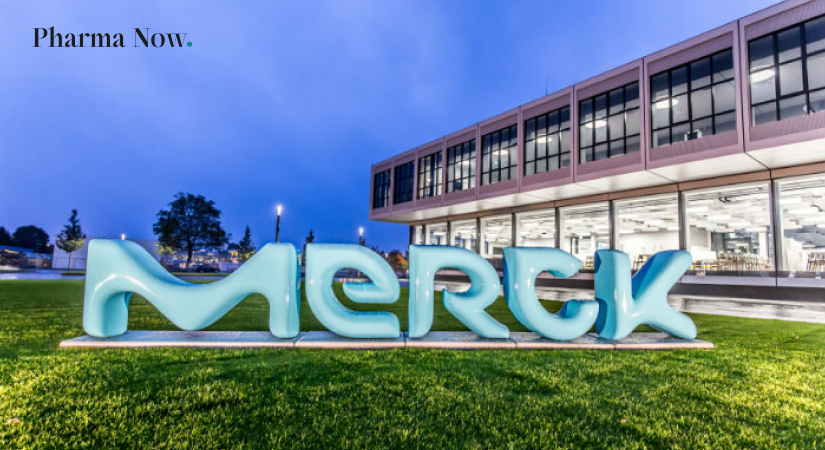Merck’s Enlicitide Achieves 59% LDL-C Reduction In Phase 3 HeFH Trial With Sustained One-Year Efficacy
Merck’s oral PCSK9 inhibitor enlicitide cut LDL cholesterol by 59.4% in Phase 3 CORALreef HeFH trial, showing strong efficacy and safety for HeFH patients.
Breaking News
Nov 10, 2025
Vaibhavi M.

Merck, known as MSD outside the U.S. and Canada, announced positive results from the pivotal Phase 3 CORALreef HeFH trial, showing that its investigational, once-daily oral PCSK9 inhibitor enlicitide decanoate achieved a statistically significant 59.4% reduction in LDL cholesterol (LDL-C) versus placebo at week 24 (95% CI: -65.6, -53.2; p<0.001) in adults with heterozygous familial hypercholesterolemia (HeFH). The LDL-C lowering effect and safety profile were consistent with those seen in the earlier CORALreef Lipids study, reinforcing enlicitide’s potential as a novel oral therapy for cholesterol management.
“Data from CORALreef HeFH demonstrate the potential for enlicitide to help address critical unmet needs for adults with heterozygous familial hypercholesterolemia are at risk for premature atherosclerotic cardiovascular events yet a significant portion of patients do not achieve guideline-recommended LDL-C level despite available lipid-lowering therapies,” said Dr. Christie M. Ballantyne, a lead author of the CORALreef HeFH study and Professor of Medicine at Baylor College of Medicine. “As the potentially first approved oral PCSK9 inhibitor, enlicitide was designed to provide efficacy similar to anti-PCSK9 monoclonal antibodies and may be an important new treatment option to help adults with heterozygous familial hypercholesterolemia reach their guideline-recommended LDL-C goal. Lowering elevated LDL-C levels helps reduce the risk of atherosclerotic cardiovascular disease.”
Enlicitide also demonstrated significant and durable improvements across multiple lipid markers, meeting both primary and secondary endpoints. Reductions in LDL-C were observed as early as week 4 and maintained through one year, with a 61.5% reduction in LDL-C at week 52 (95% CI: -69.4, -53.7; p<0.001). At week 24, enlicitide produced robust decreases in non-HDL-C (53.0%), ApoB (49.1%), and Lp(a) (27.5%), all highly statistically significant compared to placebo. Impressively, 67.3% of patients receiving enlicitide achieved at least a 50% LDL-C reduction and reached LDL-C <55 mg/dL, compared to only 1.0% in the placebo arm.
“Results from the CORALreef HeFH study demonstrated statistically significant and sustained reductions in LDL-C, ApoB, non-HDL-C, and Lp(a) over one year in a diverse population of adults with heterozygous familial hypercholesterolemia receiving stable background lipid-lowering therapies,” said Dr. Dean Y. Li, president, Merck Research Laboratories. “We look forward to sharing the totality of the results from the CORALreef program presented at AHA with regulatory authorities and progressing enlicitide’s ongoing clinical development program to bring forward the potential first approved oral PCSK9 inhibitor to help address the growing CV epidemic.”
The investigational oral PCSK9 inhibitor was well tolerated, with an overall safety profile similar to placebo. The incidence of adverse events (AEs), serious AEs, and discontinuations due to AEs were low and balanced between treatment groups 2.0% in the enlicitide arm versus 3.0% with placebo. The trial also showed excellent adherence rates of 97% for dosing and 96% for study participation. These findings support enlicitide’s potential to become a convenient, oral alternative to injectable PCSK9 therapies for patients with HeFH who require additional LDL-C lowering despite statin use.
